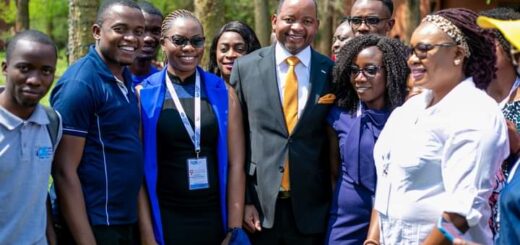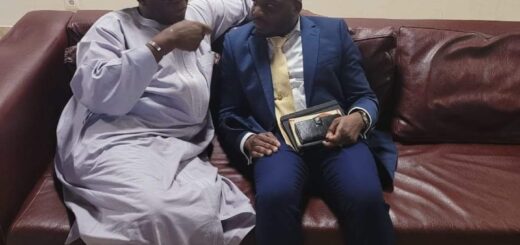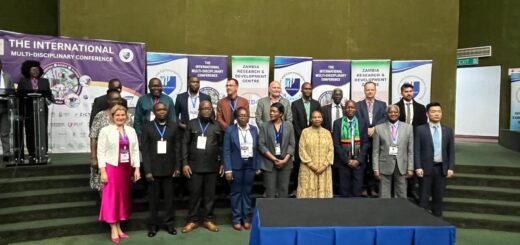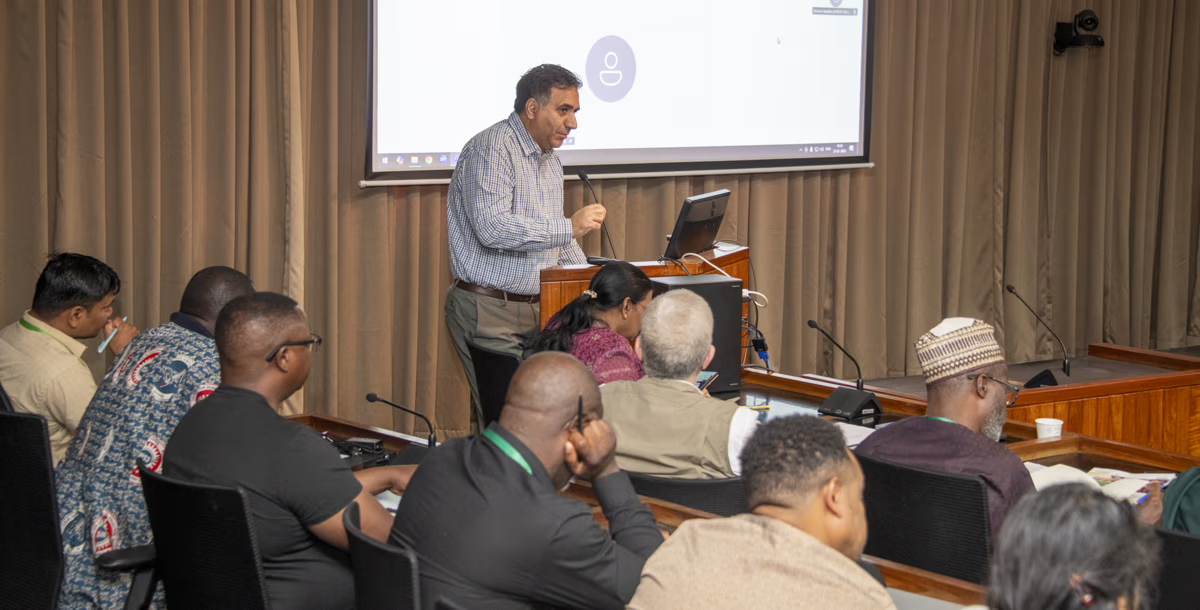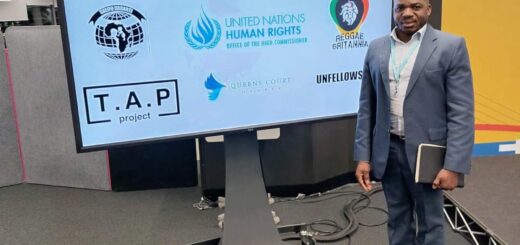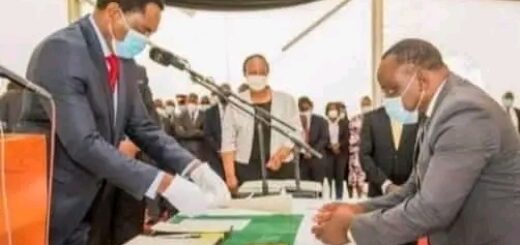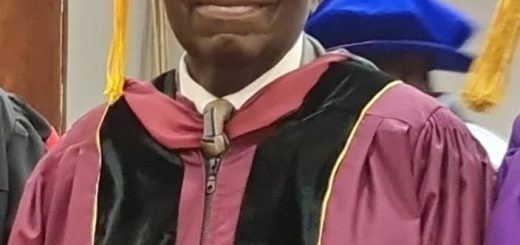Hakainde Hichilema, The Christain Nation State and Capital Punishment
Notice: Undefined index: catFilterList in /home/zambi/public_html/wp-content/plugins/wp-likes/api.php on line 243
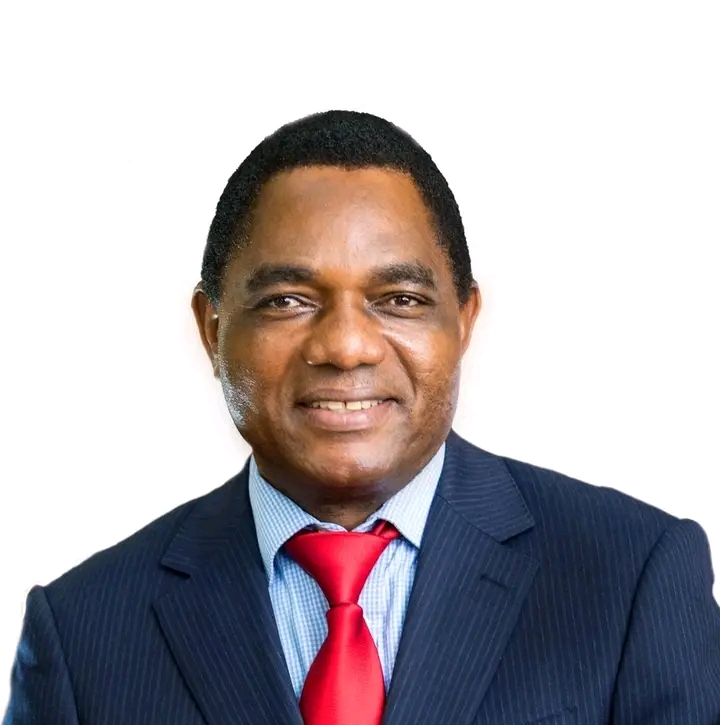
Zambia’s 7th Republican President Hakainde Sammy Hichilema (HSH7)
By Malama Katulwende
The President of Zambia, Mr. Hakainde Hichilema, has removed from the statute books the defamation of the president and capital punishment laws. I thank him for decriminalizing defamation of the president, but the removal of capital punishment is a double edged sword – it is wrong and inconsistent with societal and biblical norms, as well as a mockery of justice. Let me demonstrate why this is the case.
(1) Before we even begin to debate the issue of capital punishment, let us recall that capital punishment has existence in a social setting. There is a society (State) whose origin, according to social theory, is derived from an Agreement of individuals to live together according to certain rules of conduct. These rules of conduct are intended to protect life, property and guarantee freedom of conscience, assembly, movement, opinion, expression, and thought. The individuals have agreed to live under a sovereign, who guarantees a social contract. Now over time, these societies evolve written Constitutions. The Constitution, especially where it deals with matters of Bill of Rights, upholds the dignity of citizens and their rights and privileges. The right to life, protection of persons from torture, harm and harassment, are all enshrined in these pieces of legislation. The State, in its purposes for existence, is not designed to take away life arbitrarily, but to preserve it…For the existence of the State ( which mirrors the powers of God) its powers to act should therefore be infinite and not limited, or else it will be abolished. This constitutes the State’s architecture of levers of power.
Nonetheless, it should be argued that the State, in assuming powers to preserve life, also assumes the powers to take away life through capital punishment, particularly where this is warranted. This is extremely important. Some individuals don’t deserve to live, when they pose an existential threat to the lives and wellbeing of other persons. In an effort to protect more lives, therefore, the State acts by eliminating from society through capital punishment those undesirable elements who threaten the existence of other citizens. As indicated before, the State does not arbitrarily take away life. It acts to preserve life, and removal of individuals who have intentionally murdered others is itself an act of self-preservation.
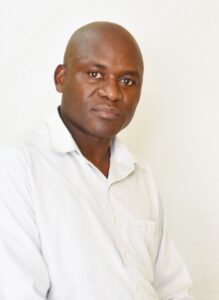
Malama Katulwende
Now to remove that power of the State to execute elements within its borders who are a menace to society, is to leave the State weak, powerless, and citizens at the mercy of crooks and criminals who will now take advantage of this lacuna in the law and commit atrocities against citizens. We shall likely see a surge in intentional murders and serious offences. However, the State should have the powers to choose to act in every circumstance – including the power to inflict capital punishment on offenders. Lastly, if the State does not kill, because they believe in the sanctity of every life, there are several consequences.
A) We have the Zambia Police Service who are battling criminals with guns and other lethal weapons. Are we telling the C5, for example, that they should not shoot at criminals who are a menace to society?
B) We do have the defence elements – the Zambia Army, Zambia Air Force, and Zambia National Service, respectively. These institutions are trained to kill; not arbitrarily, but in defence of our country’s sovereignty. Is Hakainde telling us that the defence elements will not act to kill, if the very existence of the State is threatened? Why do we have a defence force which, by its nature, is designed to kill? Suppose there is a mutiny, or rebellion within the population, will they fold their shoulders and decide not to act? Will our soldiers now not kill? If the State, through capital punishment, does not assume the powers to kill, then the licence of the defence forces to kill should be expunged from our laws. They should not even carry their weapons. If they are allowed to kill, in line of their work, it is a contradiction to the removal of capital punishment. And why should the C5 kill robbers, or the defence forces shoot at its enemies, and not the State through capital punishment, execute murderers whose offences have been proven beyond reasonable doubt in our courts of law?
C) On the contrary, rogue police officers and soldiers, may now kill arbitrarily, because there is no deterrence in the law. There may even commit acts of treason, without the fear of being executed.
(2) Zambia has been declared a Christian Nation. The basis of Christianity is found in the Bible. In the Commandments, the Bible states that, “Thy shall not kill.” There are many references to incidences where those who had killed others were put to death. God himself allows capital punishment. In social theory (as indicated earlier), whether we refer to Thomas Hobbes, or John Lock, the origin of society is is a reflection of the nature of God. The State assumes the civil powers on earth which are the preserve of God, to fashion a society to meet political ends. The telos of society is the public good. In the utilitarian sense, our actions, as individuals, ought to align with the promotion of the public good. Yet robbers who kill others willfully do not promote the public good. Therefore, the State, through its legislation of capital punishment (and in this case Zambia as a Christian Nation) would do well to protect its citizens by deterring future murderers and robbers, through the destruction of criminals by hanging. This is not only consistent with biblical precepts, but utilitarian reasons on the preservation of the State and its citizens.
In the “Inferno” by Dante, which is an allegory of God’s Heaven and Judgement, there is death and the infliction of pain and suffering on those who offended God. In removing capital punishment, therefore, the President has contradicted the principles of the Bible and the Declaration.
(3) The other argument is the moral principle. In our traditional African societies, we have upheld the sanctity of life. We believe that on the moral spectrum, all lives are the same; they are equal by essence. Yet our moral code of conduct allowed for special circumstances in which those who murdered others consciously were themselves killed. Murders cause moral outrage and censure. Yet there are cases in which taking away life is justified, for the promotion of the public good. Life is sacred under our African way of life, and the sacredness of it is reflected in our morality and ethical conduct. On the contrary, our Chiefs as sovereigns assumed (on behalf of God) the powers to execute offenders in the preservation of social justice and coercion. Where the Chief arbitrarily killed their citizens, there were rebellions against their rule because such conduct was excessive and caused their governance illegitimate. The existence of the Chiefdom, was derived from the well-being of it’s citizens, for this was where the chiefdom derived its legitimacy. Yet within the Chiefdom itself there were some citizens whose actions were inimical to the existence and wellbeing of the Chiefdom, and therefore such individuals could not be allowed to live among others. Not because the people and the Chiefdom did not understand the value of the human person, or justice, but because they knew that sometimes, in special circumstances, the polity needed to use its powers to protect the greater part of its citizenry, even if this meant killing a few individuals who had committed crimes and other serious offences.
4) The President argued that since some of our past presidents had not executed their mandate to sign death sentences since 1997, therefore it was pointless to retain the death penalty in our Constitution. Well, this arguement is fallacious. Those presidents should have done so, and taken solace in the fact that our courts, in arriving at death sentences, had proved beyond reasonable doubt that those individuals who had committed serious crimes of murder had indeed done so. It should be mentioned that most of those crimes had caused extreme suffering on relatives of the deceased loved ones, and deprived families of incomes and meaningful lives. How would committal of murderers to life imprisonment compensate for this loss?
Conclusion.
President Hakainde Hichilema has erred in removing the death penalty from the Constitution. The State, either in traditional African societies and modern day- systems, are founded on the idea that their legitimacy rests on the protection of their citizens’ rights to property, life, enjoyment of free movement, thought, association and assembly. Each individual is equal to another. The citizens act to promote the greatest amount of public good, but when some of them murder others willfully, then the State assumes the right to curtail the life of these criminals after sentencing in the courts of law. The criminals had caused untold injustice on the victims, and the State, which does not tolerate injustice, acts in defence of justice. Secondly, the removal of the death penalty is an affront to Christianity and the declaration of Zambia as a Christian Nation. God allows the death penalty, we are taught, not because He is unjust, but because there are circumstances which warrant the use of the death penalty. Hakainde will have problems to justify why the defence forces should use force against their enemies, or why the C5 should eliminate criminals whose actions pose a threat to society. By removing the death penalty, the president has undermined the Zambia Police and Defence Forces, because the law should not contradict each other in parts. The strength of the law lies in its symmetry and internal logic and consistency. Lastly, even in our African value systems, capital punishment was allowed under special scenarios. Wrong doers were punished, particularly those took the lives of others willfully. Therefore, virtue of the reasons adduced above, I submit that President Hakainde Hichilema has made a mistake by removing the death penalty from our laws.

Malama Katulwende



